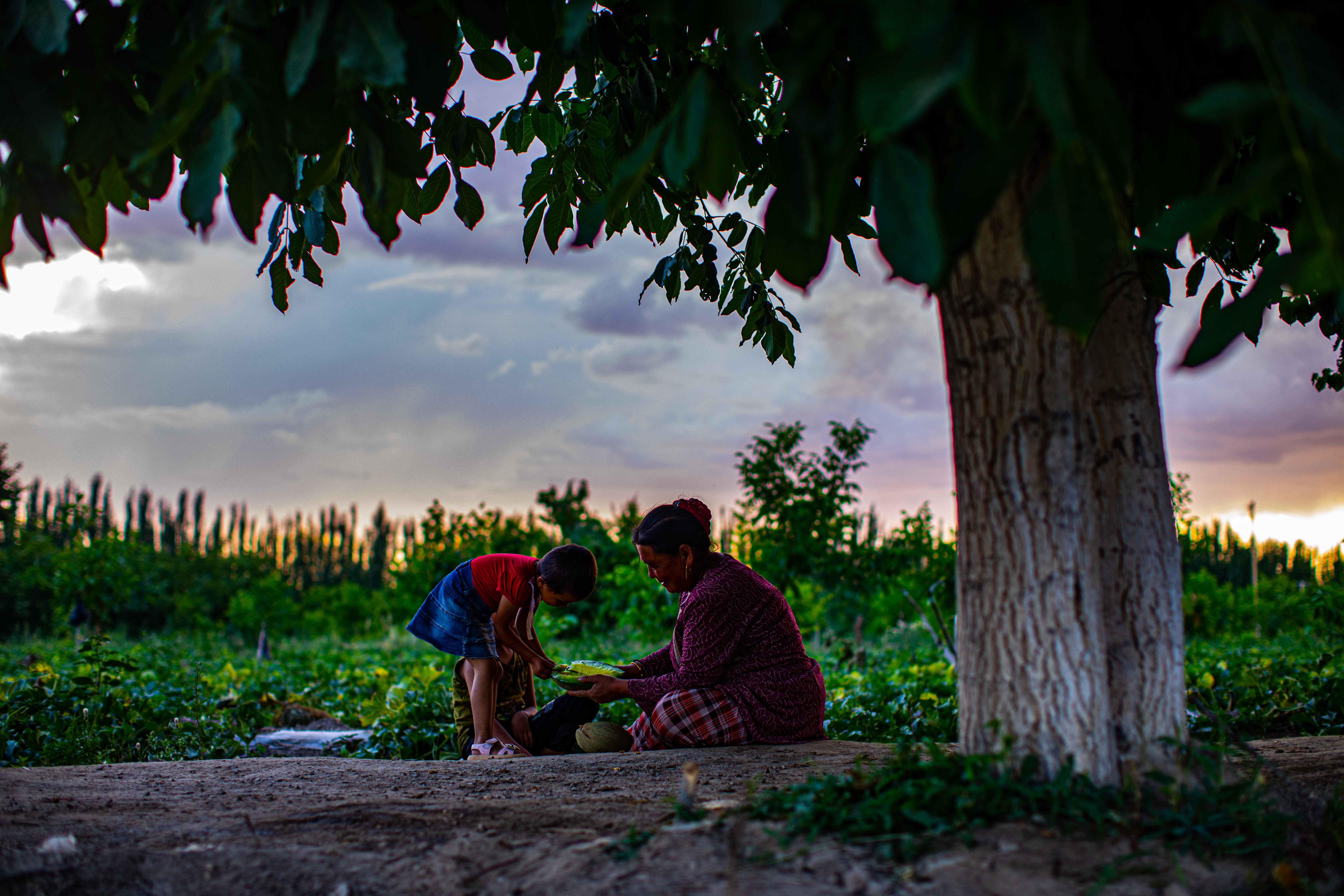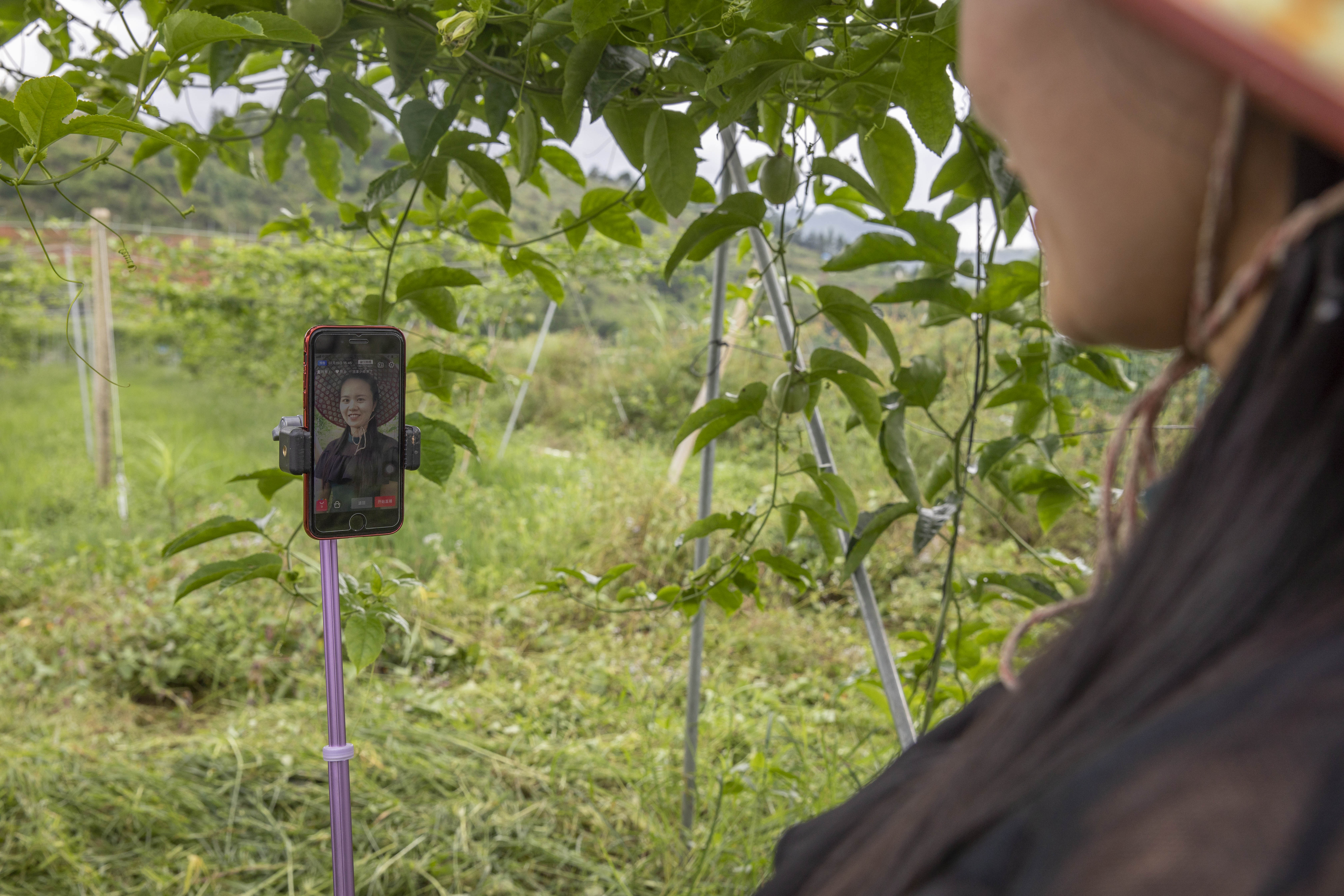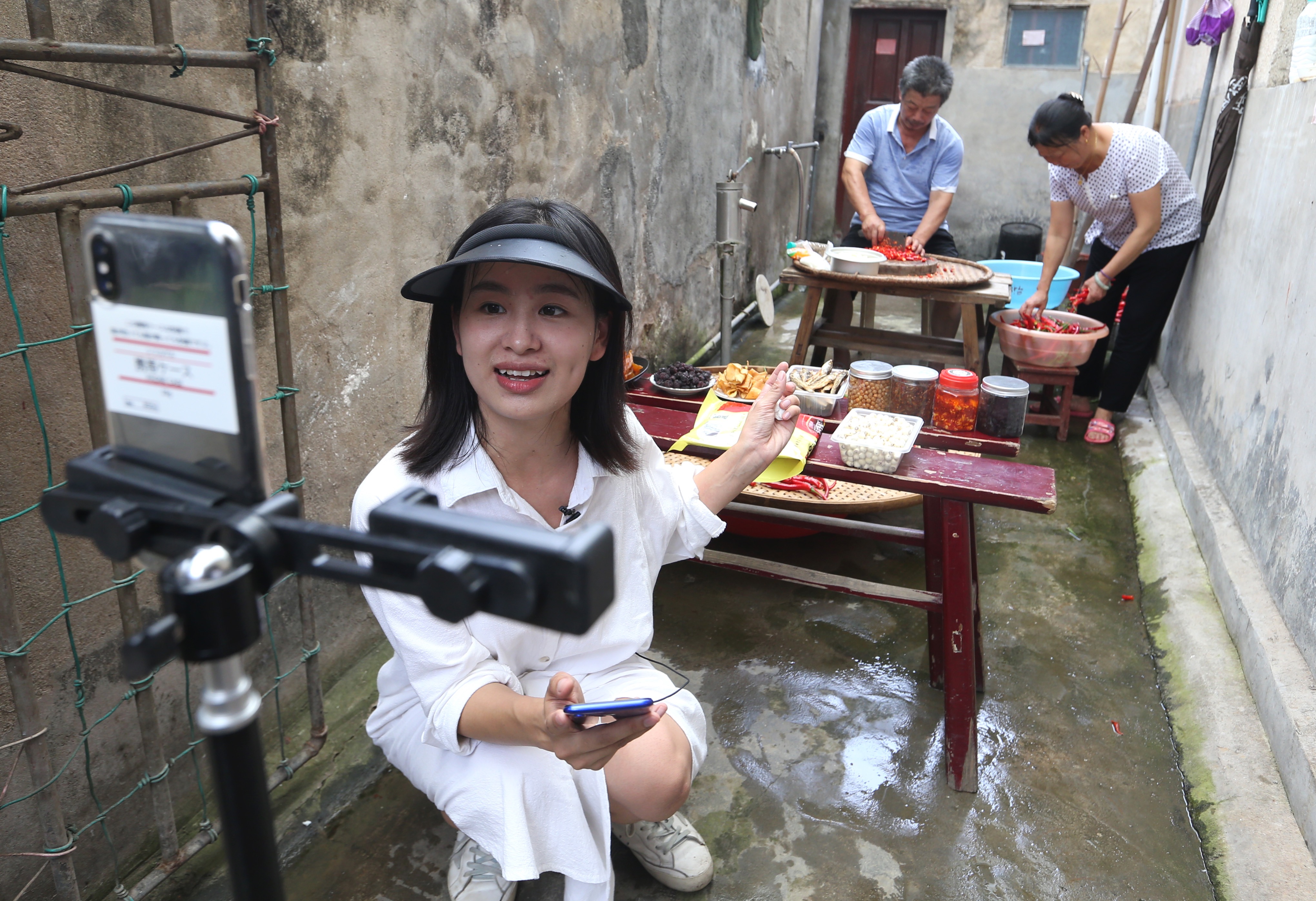


Some of China’s most impoverished areas have been finding new growth through Alibaba Group’s e-commerce sites Taobao and Tmall, says the latest report from the Alibaba Poverty Relief Fund.
The report, issued twice a year to highlight the fund’s anti-poverty efforts, found that sales of goods from counties recognized by the government as poverty-stricken, such as Sichuan province’s Pingwu and Guangxi’s Nanning, grew by a combined 80% year-on-year in the past six months on Alibaba’s platforms.
Since the fund rolled out a companywide plan to support agriculture growth in poverty-stricken areas in 2017, about one out of every three state-recognized poverty counties in China have tapped Alibaba’s services, the fund said in a release. The 242 poverty counties that have signed on have generated more than RMB 110 billion (US$15.9 billion) combined through Alibaba’s platforms over the past 18 months as of June 30, the report noted.
“We keep emphasizing that Alibaba needs to go beyond ‘teaching a man to fish,'” said Shao Xiaofeng, secretary-general of the Alibaba Poverty Relief Fund. Core to achieving that is by applying business know-how and strategic planning to philanthropic causes, such as poverty alleviation, he added.



Livestreaming, in particular, has been an important driver of rural sales in the past few months, according to the report. Taobao Live, Alibaba’s dedicated livestreaming channel, has been making it easier for farmers to bring their food to Chinese consumers who are looking to buy fresh produce straight from the source.
To this end, the channel in March said it plans to cultivate 1,000 livestream hosts across poverty-stricken areas in 100 counties, helping them each to generate over RMB 10,000 in monthly income. It also committed to host 100 online sales campaigns throughout the year to promote those livestreams, with the goal of selling RMB 3 billion worth of agricultural goods this year.
As part of the initiative, Taobao Live now offers a “rural livestreaming” tab dedicated to agricultural goods. In July, the channel announced that it would host full-day campaigns every month to promote these streams, dubbing the 15th of each month “Rural Livestream Day.” In its latest event in July, the channel hosted nearly 100 sessions, attracting close to 1.5 million views and helped sell over 150,000 units of agricultural produce, such as Gansu melons and Shanxi apples.
Following the program’s launch, Taobao Live has hosted nearly 50,000 rural livestreaming sessions with over 200 million users viewing the streams to date, the report said.



Taobao Live is only one of the business units that are supporting the fund’s goals on the e-commerce front. Juhuasuan, Alibaba’s sales and digital marketing platform, recently made a renewed push into the farm-to-fridge market with its “Jutudi” initiative.
Separately, the report also highlighted that Alipay’s Ant Forest initiative – having helped plant over 100 million trees in China’s desert regions – has offered work opportunities to about 330,000 people in these poverty-stricken areas, helping to increase incomes by nearly RMB 50 million combined. The report also revealed that Ant Financial’s MYbank, an online bank that focuses on micro- and small-sized businesses underserved by traditional financial institutions, has lent over RMB 160 billion to more than 2.2 million users in poverty-stricken counties.



On the education front, spearheaded by Alibaba Executive Chairman Jack Ma, the report also said that, the Jack Ma Foundation’s rural education program has awarded 40 outstanding headmasters and 400 teachers in remote areas as of June 30. Ma’s namesake charitable foundation also established a pre-service teacher program to encourage fresh graduates to serve in underprivileged regions across China. The report estimated that these initiatives – along with other related projects, such as the construction of rural boarding schools or recreational centers – have benefited 80,000 educators and 1 million students living in rural China.
In December 2017, Alibaba established the RMB 10 billion ($1.5 billion) Poverty Relief Fund to combat poverty over the next five years, channeling resources across the ecosystem into five areas to improve the lives of people living in poverty: e-commerce, education, the environment, healthcare and women’s empowerment.





